Books In Print
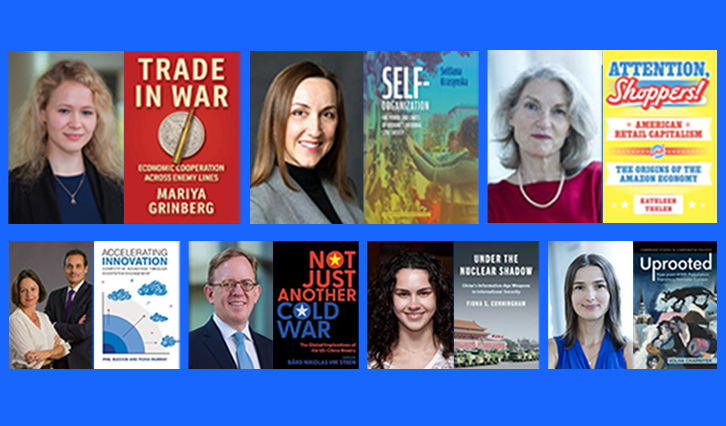

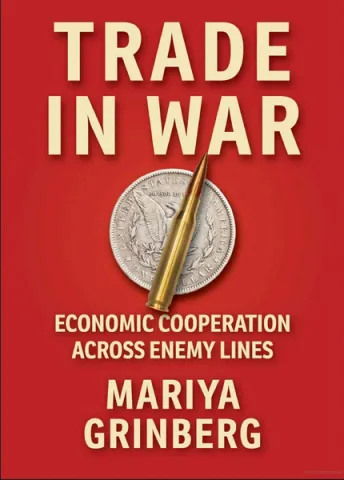
To explain why states trade with their enemies, Mariya Grinberg examines the wartime commercial policies of major powers during the Crimean War, the two World Wars, and several post-1989 wars. She shows that in the face of two competing imperatives—preventing an enemy from increasing its military capabilities, and maintaining its own long-term security through economic exchange—states at war tailor wartime commercial policies around a product's characteristics and war expectations. Read more.
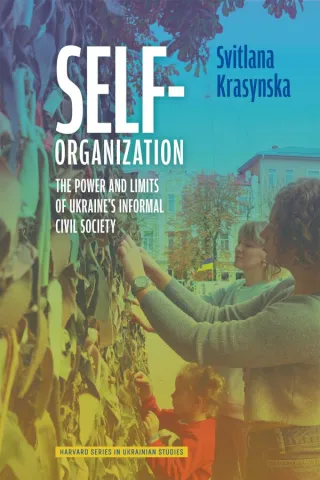
Using Ukraine as a case-in-point, Svitlana Krasynska engages diverse bodies of literature and rich empirical data to reveal the vital role and unique potential of below-the-radar civic engagement in contexts where informal practices abound―a phenomenon largely neglected by scholars of civil society who traditionally focus on formal civic organizations. Read more.

Offering a comparative perspective on the history of American political economy, Kathleen Thelen shows how large-scale retailers in the United Kingdom, Germany, Denmark, and Sweden faced a far less hospitable regulatory environment than companies in the United States, which enjoyed judicial forbearance and often active government support. Read more.
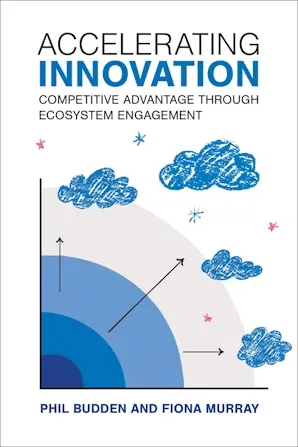
Phil Budden and Fiona Murray provide a practical handbook for accelerating innovation, both internally and externally, through engagement with innovation ecosystems. Their approach provides leaders at every organizational level with a clear and workable roadmap for making the most of the unique resources of innovation ecosystems, and how to bring that into their organizations. Read more.
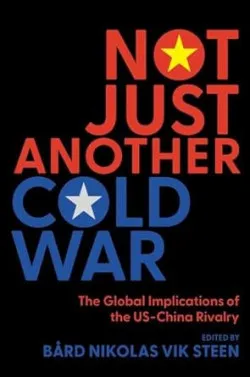
Taylor Fravel, a contributing author, provides an instructive overview of the US-China “tech war” and the US effort to restrict China's access to critical technologies. Read more.
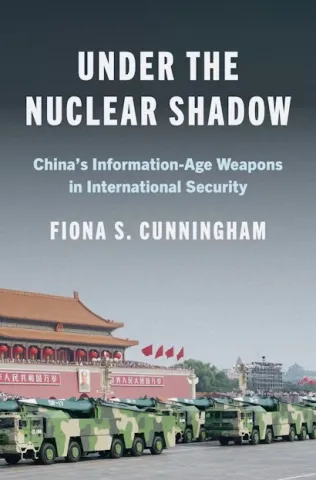
Drawing on hundreds of original Chinese-language sources and interviews with security experts in China, Fiona Cunningham provides a rare and candid glimpse from Beijing into the information-age technologies that are reshaping how states gain leverage in the twenty-first century. Read more.
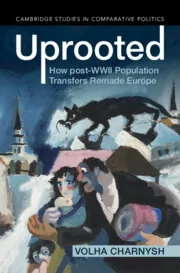
Volha Charnysh presents a fresh perspective on the developmental consequences of mass displacement, arguing that accommodating the displaced population can strengthen receiving states and benefit local economies. Drawing on extensive research on post-WWII Poland and West Germany, she shows that the rupture of social ties and increased cultural diversity in affected communities not only decreased social cohesion, but also shored up the demand for state-provided resources, which facilitated the accumulation of state capacity. Read more.